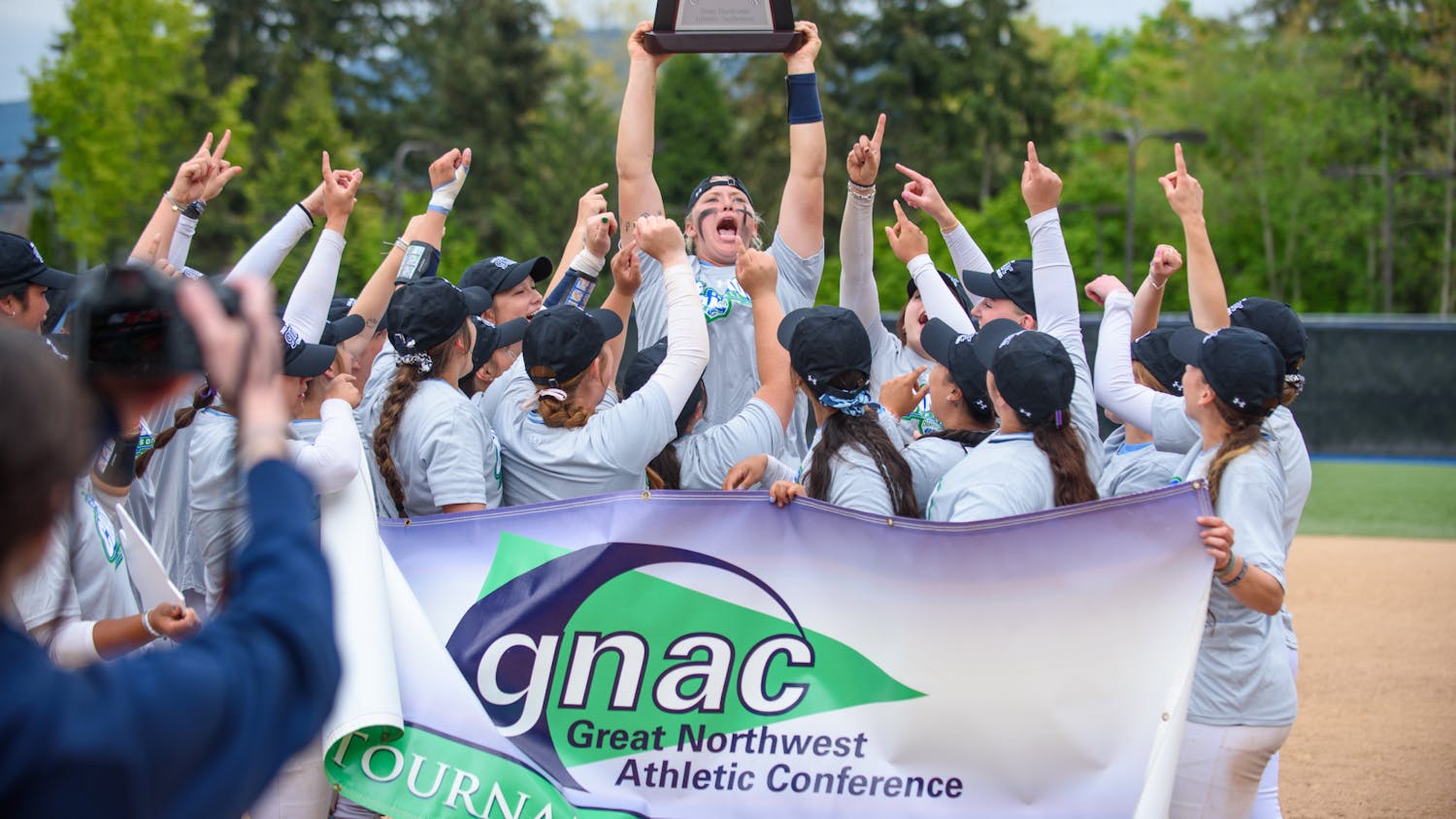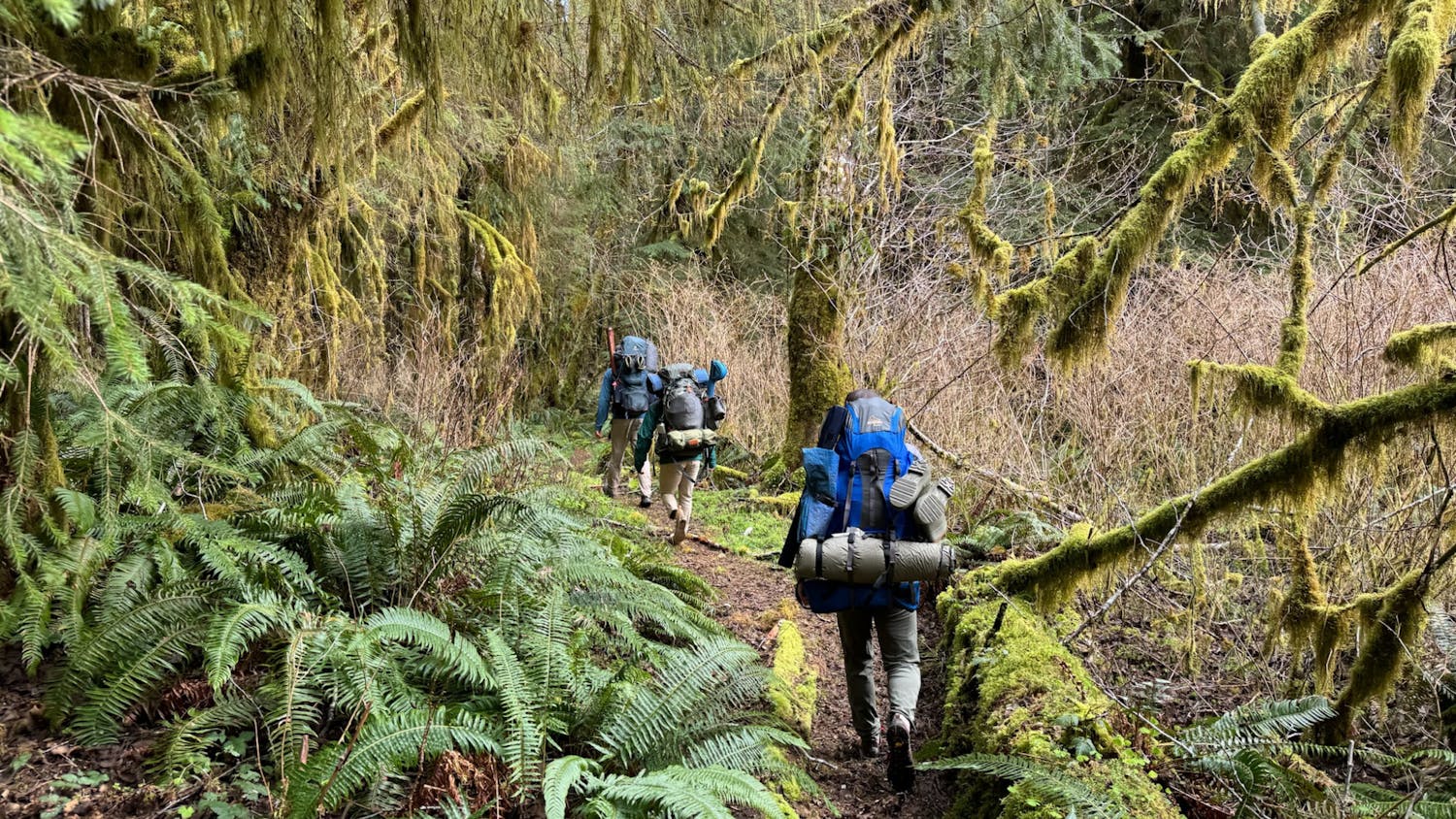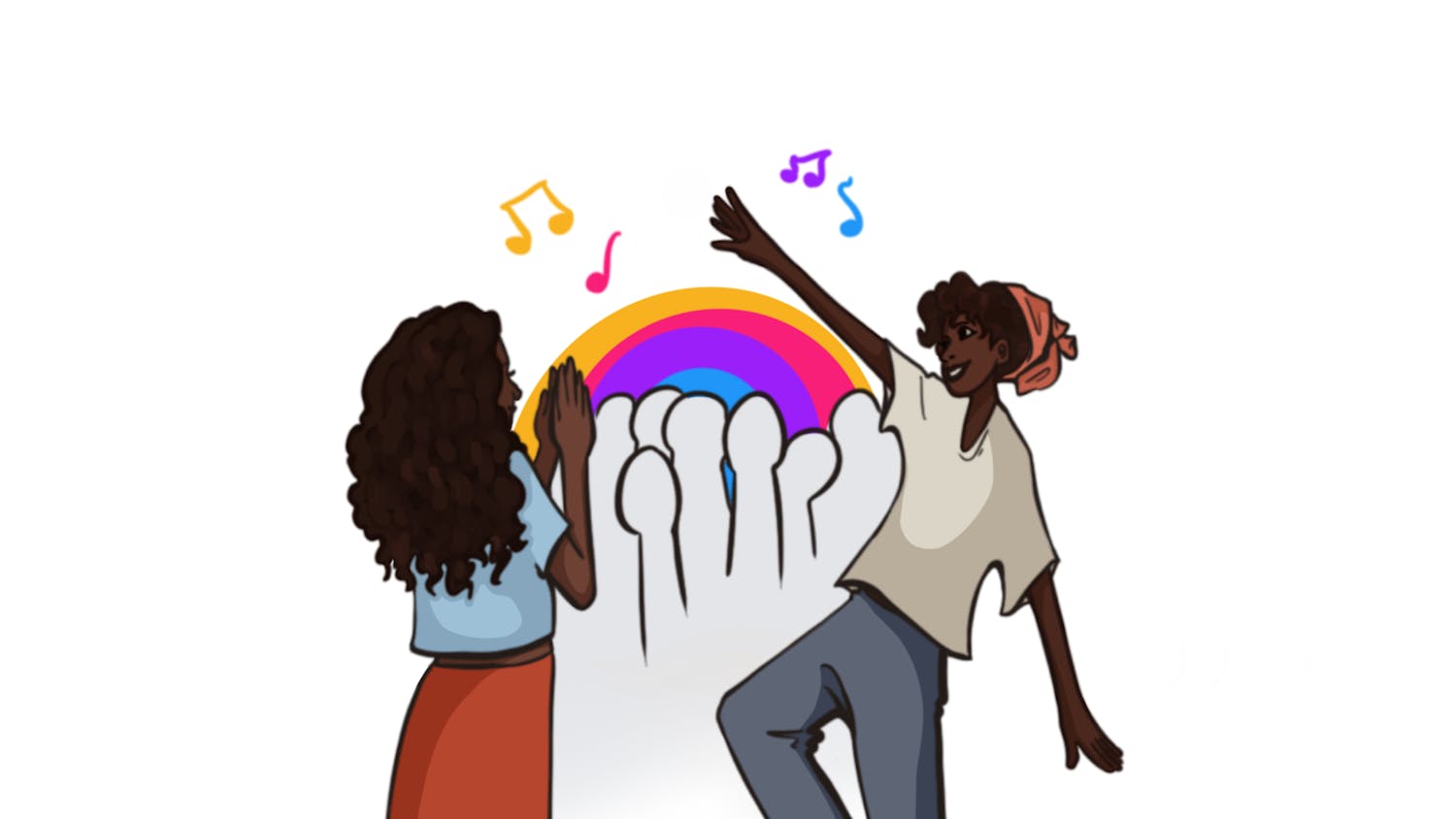
By Riley Currie
Molly Chambers of Molly’s Sewing Machine Service is helping the effort to sew masks any and every way she can.
Chambers currently has 26 machines in her studio in downtown Bellingham, and more are being donated each week. While social distancing prevents her from working her regular job, Chambers’ turnaround for sewing machine repair has been much faster than usual — and that’s a good thing. She’s gone from repairing three machines a week to upwards of 15.
She’s part of a city-wide effort to get sewing machines into the hands of people who need them to make face masks.
“Some people want to make masks, but don’t have sewing machines to do it,” said Whatcom County Councilmember Rud Browne. “While others have machines, working or non-working, that can be used for the cause.”
Browne has been involved with the COVID-19 response through the Whatcom County Council since it began in mid-March. He’s helped with emergency operations and donations.
He noticed that Chambers was doing all she could to repair sewing machines for free and contacted her about donating funds to repair the machines. She typically charges $89 to service a sewing machine, but ran a special last month in light of the personal protective equipment effort. Chambers said she is flexible with her pricing depending on sewers’ income.
Chambers also helps people with at-home fixes over the phone or via Facebook messenger, a service she usually charges $25 for. Since the pandemic began, Chambers has been making socially distant housecalls, repairing machines on decks and porches.
She and Browne “struck a bargain,” according to Browne, and are now working with Bellingham Makerspace to get sewing machines to mask sewers who need them. Bellingham Makerspace is a volunteer-run nonprofit that provides access to creative tools, trades and education, and has been at the center of efforts to organize and distribute personal protective equipment since the pandemic began.
Makerspace became involved with this effort through Browne and sent out a call for sewing machine donations. The machines are donated directly to Makerspace, where Chambers picks them up and “brings them back to life,” in her words.
Browne is currently covering the cost of each machine’s repair and delivering the repaired machines to Bellingham mask makers. On April 6, he had delivered two and was getting ready to deliver five more.
Browne urges anyone with a sewing machine they aren’t using to consider donating it.
Sewing machines can be donated at Bellingham Makerspace from 12to 5 p.m., Monday through Friday. Browne and Makerspace ask donors to tape their name and phone number to the donated machines so they can contact them with questions.
New sewers looking for machines can send requests to Browne directly.
The sewing machine donation, repair and delivery process is part of a larger community-wide effort to make personal protective equipment. Everyone is working together on a scale that wouldn’t have seemed possible a couple months ago, according to Mary Elliot, founder and executive director of Bellingham Makerspace.
“Think of all the official channels you’d normally have to go through,” Elliot said. Bellingham Makerspace is also involved with efforts to produce face shields and gowns for local hospitals and clinics. There, a design for a face shield was approved in only three days.
Chambers has been able to devote most of her time to repairing the donated sewing machines, since she isn’t working her usual job due to social distancing.
“Even before COVID, my ear was always out for sewing machines for people who need them but can’t afford them,” Chambers said.
Chambers has been sewing for about 50 years. Three years ago, she traveled to Missouri to get certified in sewing machine repair by Ray White of White Sewing Center. She’s worked with industrial design students at Western and other groups. Her number one priority is making sewing accessible.
When she’s not repairing sewing machines, she’s an instructor at Bellingham gallery, boutique and learning center Social Fabric.
The community’s willingness to take up sewing in an effort to help slow COVID-19 seems, to Chambers, evidence that teaching sewing is a step in the right direction.
“Our community has been so wonderful in their desire to sew personal protective equipment,” Chambers said. “I want to facilitate that.”
When it comes to making masks, Chambers has two main pieces of advice: make sure you have a good needle and use strong polyester thread. She encourages anyone hesitant to take up sewing, or frustrated with their sewing machine, to “just give her a call.”
“It’s just a matter of power and steering,” she said. “Like riding a bike.”





